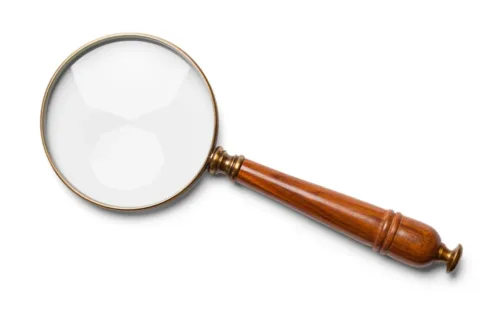If I put on yellow tinted glasses, my perception of the outdoors changes. Where I used to see dark, now I will see it lit up. Changing our perception will change how we view things as well and many times can create more space, empathy and freedom. An example from my life is that when I was the mother of two young children, laundry was a one-day affair. I could accomplish gathering, washing, drying, folding, and putting it away all in one day with a feeling of success, another item off the list. However, when I had more children, I found that I could not get it all done in one day and that caused frustration. I would walk past the laundry room, and it would seem to condemn me that I could not attain the expectation. One day in a moment of angst the thought came to me about the importance of getting laundry done in a day or really the lack of it for I was sure when I got to the end of my life I would not look back and pride myself that I achieved getting all that laundry done in a day. I decided to change my perception. Laundry was no longer a one-day affair but became a process. There would always be some to be gathered, some to wash, some to fold and some to put away and that was okay. It was freeing and no longer condemning when I walked by for, I let that frustration go to focus my energies on other things that were important to me. Along with the change of perception was the choice of changing where I put my focus.
If I decided to buy a Bronco Sport car, it would be amazing how many times I would see a Bronco Sport car as I am about on the road or in a parking lot. Has more people bought them or is it that somewhere in my mind I have chosen to look for those cars. My focus even though not that willfully narrowed. Somehow, I saw what I was looking to see.

Choosing what to focus on and changing perceptions can impact attitude, priorities, emotions, and actions. They can go against the grain and cause new ways to emerge. Currently, in the United States we are taught to look at mental struggles through the lens of the medical model; find the disorder, diagnose it, medicate, and therapize it. Patients often come to me on our first visit or even later after their personal research telling me about their disease that they have. Many of my patients sadly when first diagnosed by other providers were told that they have an incurable disease and will unfortunately have to take medication the rest of their lives and require long term therapy with no hope of ever being “normal.’ Could there be another perception that is more accurate and ultimately helpful? Do the ways we do psychiatric care need to evolve?
Think of your opinion/perception of mental illness right now as the jacket you are wearing. It is on you, a part of you and if someone doesn’t like the jacket you feel offended. For these next couple of minutes, lets take off our jackets and put them on the back of a chair. Let us meet without that opinion and see what a different perception could be.
What if we exchanged the word “extraordinary” for abnormal? Or if we began to look for the beauty in a person’s life story instead of just the tragedy? We could begin to listen to a life story looking for their biography, their culture, their desires for good, seeking to find what their unique purpose and gifts they bring to this world. Seeing them as sensitive souls though hurting, but with the potential to do great good with their sensitive powers. Giving them tools and space for their imagination to serve them well and encourage their innate creativity, to help them see the beauty in their life and possibly and impact for good they can have. Further if symptoms were not seen as bad, something to be quieted or made to stop but something that can guide or direct, looking at the invisible intentions in the symptom. Further if we looked on those struggling mentally as somewhat superpower people, beautiful lives, how would we treat them or how would we come alongside them to help them manifest their destiny? What if we change our focus? What harm would it do to highlight the beauty and uniqueness in a life?
In the book “The Horse Boy”, a father sets out to Mongolia with his autistic son and wife to ride horses across the landscape and meet with Shaman priest. His boy was mute and to say the least a handful, but the father had found that when the boy was on a horse, he was uncharacteristically calm. In a poignant moment, the father brings the son with a translator into a tent where the Shaman priests are sitting around a fire. The priest speak up instantly to the translator. The translator turns to the father and says that the young boy is priest material. How did they see that so fast or really see something we had not seen? What we labeled as a disorder, the priests saw as an extraordinary trait. So, what if we change our perception, what if we begin to look for the beauty in lives and what if we see those struggling as extraordinary people that need someone to come alongside and help them find their beauty and their destiny? How would psychiatric care be different and delivered? I want to find out. Join me.






